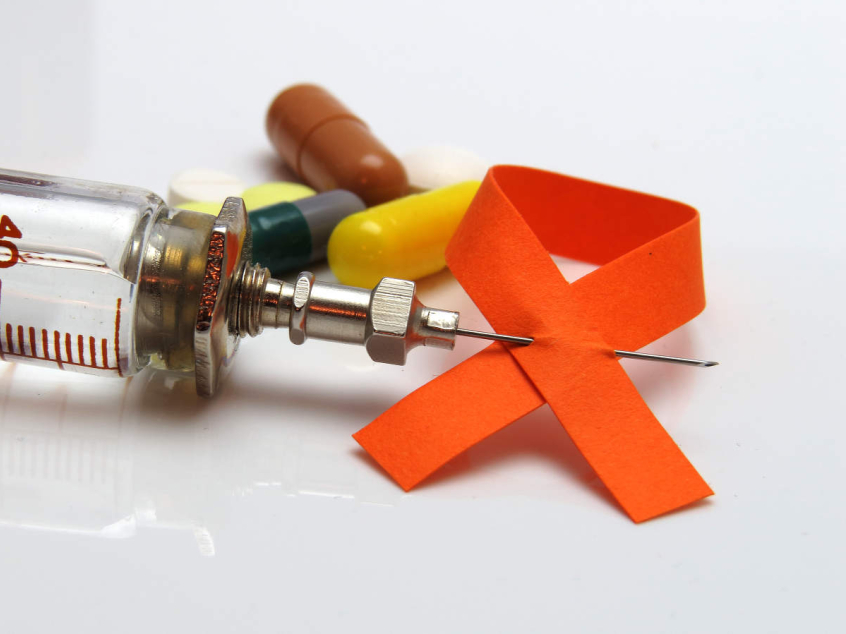
ViiV Healthcare, a joint venture by GSK, Pfizer and Shionogi Limited, is now working with Ireland's Janssen Sciences to develop the first commercialized, long-acting combination treatment for HIV infection.
The companies confirmed their plans to proceed with the Phase III clinical trials involving two injectables, cabotegravir from ViiV and rilpivirine from Janssen.
The trial will assess the treatment's safety and efficacy in patients who have HIV-1 infection. It is expected to start in the middle of this year.
"As a company committed to innovation in the field of HIV, this agreement with Janssen will enable us to progress the development of the first long-acting, injectable two drug regimen," ViiV Healthcare CEO, Dominique Limet, said in a statement.
This not the first time ViiV's shareholders and Janssen have signed a deal together. The first was signed back in 2014 focusing on the tablet dolutegravir and rilpivirine.
If the upcoming trials are successful, the injectable treatment would serve as an alternative to the standard, oral therapy consisting of three drugs to be taken daily, said Limet. In addition, people with HIV could also maintain viral suppression successfully.
ViiV's cabotegravir is an analogue to dolutegravir (marketed as Tivicay), which belongs to a class of drugs called integrase strand transfer inhibitor (INSTI). INSTI works by blocking viral replication by stopping the viral DNA from combining with the genetic material of human immune cells (T-cells), a step that contributes to the development of chronic infection.
Cabotegravir is currently evaluated as a tablet and intramuscular injection.
Janssen's rilpivirine (Edurant), on the other hand, is a non-nucleoside reverse transcriptase inhibitor (NNRTI) used once a day as a tablet in conjunction with other antiretroviral drugs to treat HIV-1 infections. An intramuscular injection form of the drug is currently being investigated.
Since the start of the HIV pandemic, there are already 75 million people carrying the virus, according to amfAR, the Foundation for AIDS Research. Almost 37 million people are now living with the virus.













